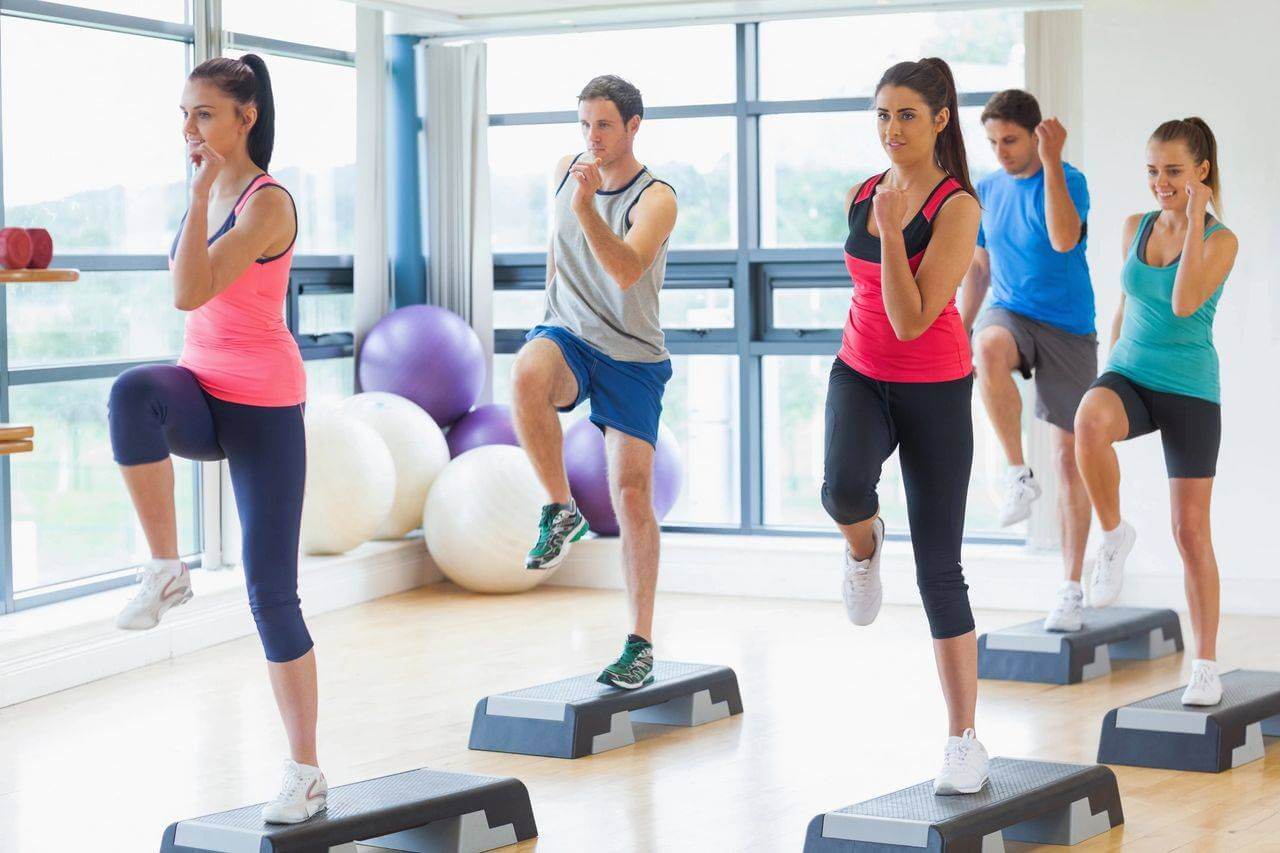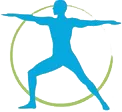
Does HIIT training cause more harm than good?
High Intensity Interval Training, or HIIT as it is commonly known, has been a phenomenon since it burst on to the fitness scene.
The popular form of exercise is characterised by timed, vigorous bursts of energy followed by short rest periods, putting the body under maximum exertion and burning a high amount of calories in a short space of time.
With workouts usually lasting less than 30 minutes, it’s often billed as a ‘quick fix’ for improving fitness levels, building strength, toning muscles and improving cardiovascular function. And given the benefits, the fact that you can do it at home with little or no equipment and that ‘lack of time’ is one of the most common reasons people skip their exercise sessions, it makes sense that HIIT has become so widespread.
But with these benefits also come pitfalls. With focus being on maximum effort to get the heart pumping and those calories burnt, it is easy to forget about the potential damage that repetitive and high intensity exercises can do to the body.
Because the goal of HIIT is to push the body to its physical limits, there is often little or no consideration for form and technique and, as a result, you can often perform exercises incorrectly in a way that your body may not be able to cope with. The result of this can be misalignment of the joints, leading to excess pressure and strain on the wrong parts of the body, causing injuries.
Performing high impact and explosive movements regularly and incorrectly can particularly affect those with sensitive joints or health conditions such as arthritis, osteoporosis or hypermobility who will be at a greater risk of experiencing pain or injury during HIIT training.
Other ways HIIT can have a negative effect on the body include causing a spike in the stress hormone, cortisol, which, over time, can increase anxiety, as well as causing digestive issues, bloating and weight gain. Additionally, it can cause sleep disruption due to increased adrenalin, as well as problems with your metabolism.
Here at Physiomove, we often see patients who are experiencing pain or discomfort as a direct result of overtraining, with common musculoskeletal injuries being to the shoulders, lower back and knees. Most problems are easily treated with a tailored programme of physiotherapy, as well as a period of rest to allow the muscles and joints to recover from the damage.
We, along with GPs, are also able to offer you advice on the best types of fitness and exercise for you to undertake based on your specific needs and abilities, and we would always recommend doing this before embarking on a new regime.
So, whilst HIIT has benefits and can be an effective tool that makes up part of your wider fitness programme, it’s important to factor in other forms of exercise, such as weight training, low impact aerobics and exercise that promotes flexibility and mobility such as yoga or Pilates.
This variety will better equip your muscles and joints to cope with the impact of HIIT, reducing your risk of injury whilst still increasing your overall fitness levels.
When you do take part in HIIT sessions, it’s also vital that you listen to your body, take into account any areas of weakness you have and don’t push yourself too hard – go at whatever speed or intensity you are comfortable with.
Rest and recovery days also need to be included in your programme to ensure your body has the chance to recuperate, reducing the risk of injury from overworking your muscles and joints.
However, it’s also important to remember that exercise is only one factor in living a healthy and balanced lifestyle – you also need to consider your diet, sleep and overall personal well-being to make sure you are looking after your mind and your body as well as you possibly can.
For more information or to discuss any injuries with our specialist please contact us by clicking here.











